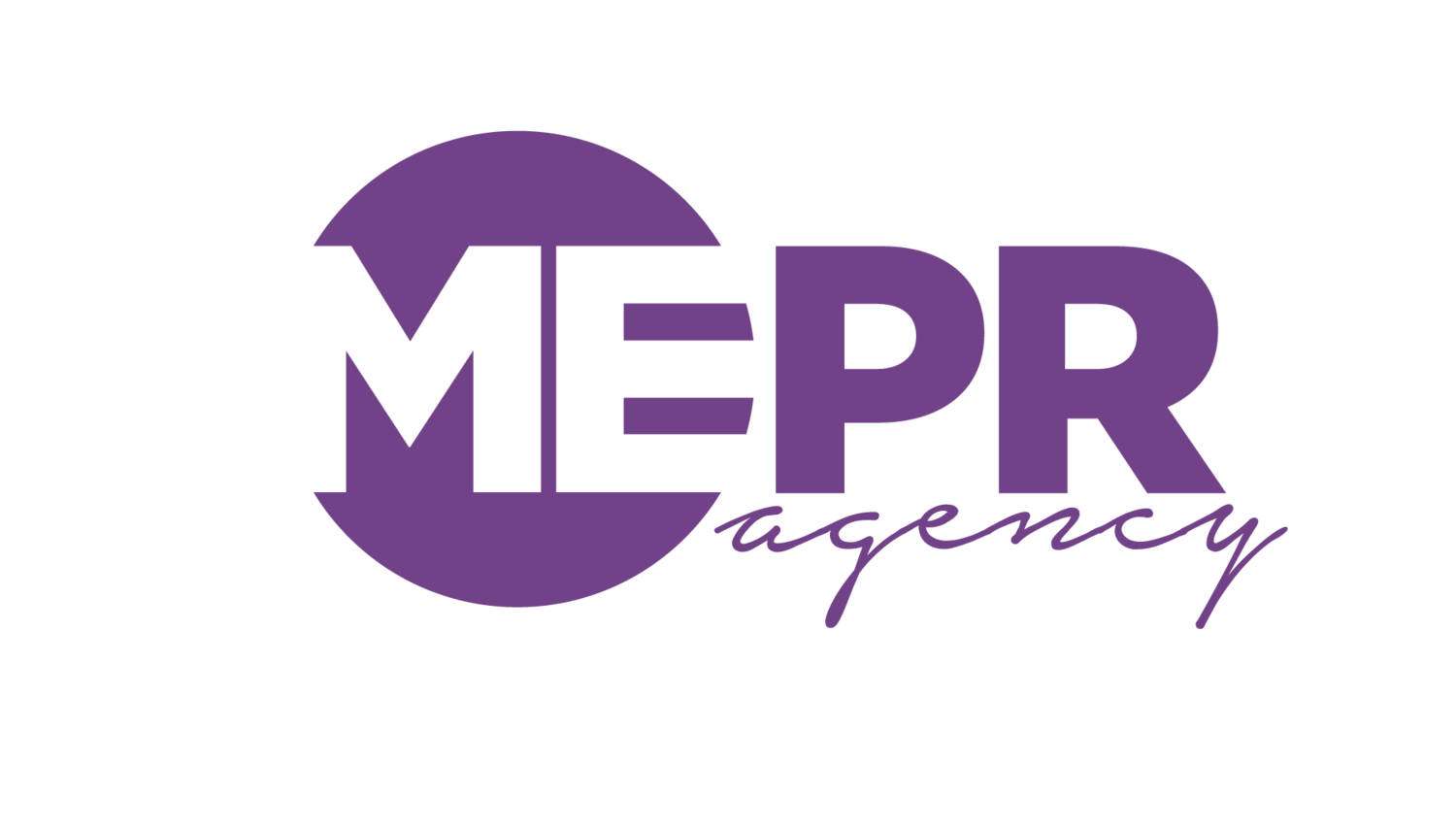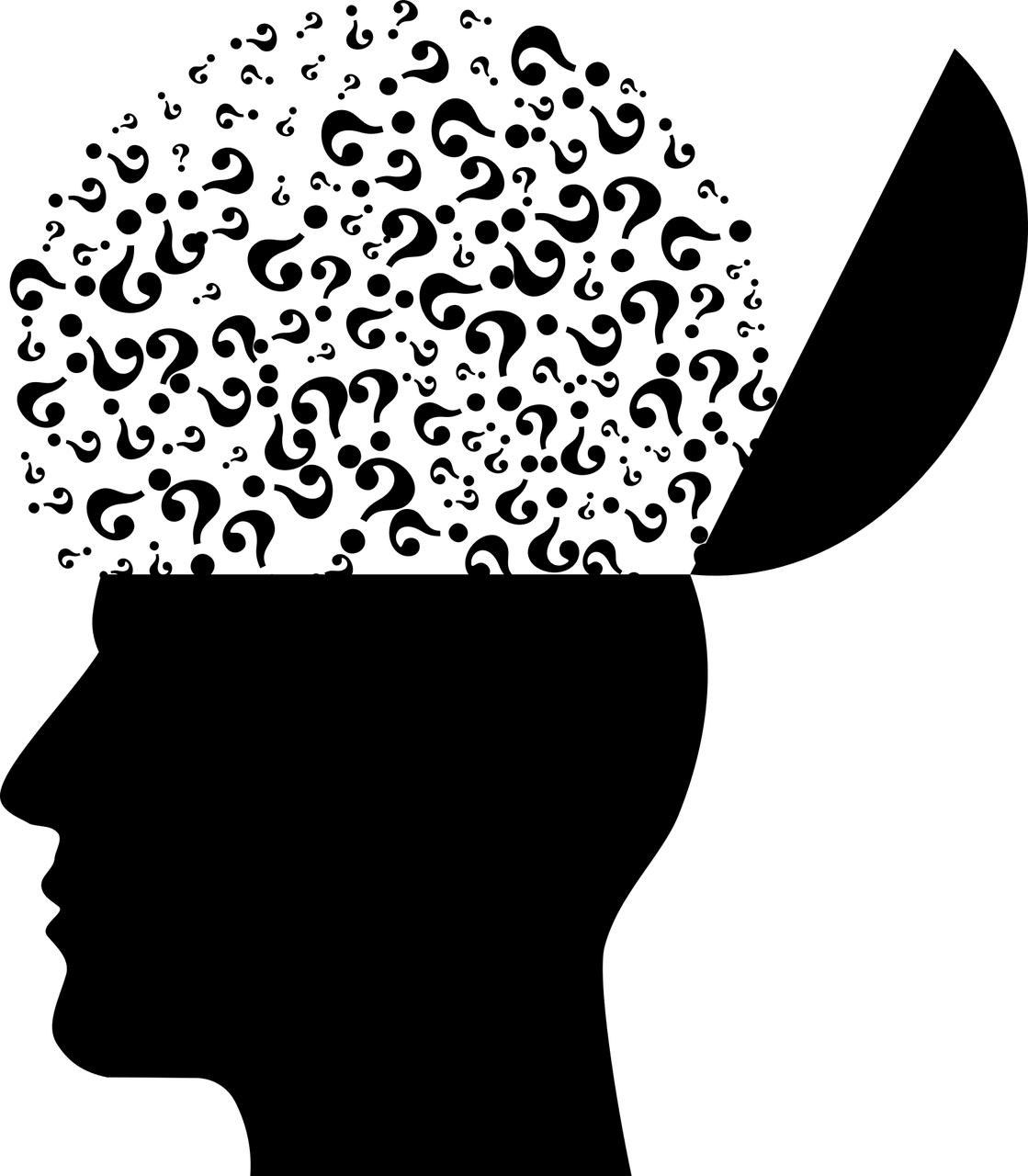The Wisdom of Uncertainty
“The only true wisdom is in knowing you know nothing.” ― Socrates
This familiar proverb reminds us to always be open to learning more. However, Socrates’ words are much less comforting when we are faced with unknowns in our personal or professional lives. Times of uncertainty can quickly bubble over into anxiety, stress, and a sense of helplessness. Fret not. Not having a clear next step can actually open you to more opportunities (looking at you, future graduates).
As a student, I prided myself on the goals I set and achieved. Semester goals like Dean’s List were routinely broken down into monthly and weekly objectives, with themes, color schemes, and all. I made my four-year plan early and stuck to it, front loading my courses freshman and sophomore year to leave my final semesters open for a 4+1 Combined B.A./M.A. Program. As I am winding up my final semester, I have found myself in a conundrum. I already made Dean’s List. I am not enrolled in that 4+1 program, nor did I receive the Keegan fellowship I prayed many nights for. My weekly objectives have become my only objectives, as the days beyond May 11th remain hazy. The only thing I have to do is survive and pay my rent, which is frighteningly simple for a results-driven person such as myself and many of you.
Unlike some of my fellow students, however, I am not worried. I know answers will come. You see, times of uncertainty leave you open to the purest form of potentiality. Renowned author Deepak Chopra calls this The Law of Detachment. This notion may sound counterintuitive at first, but releasing attachment to the end result allows for freedom on the path there. The “known” is our past experiences and conditioning, which can shut us off from new avenues, partnerships, and other opportunities. Instead of relying on the way we’ve always done things, we are able to be true innovators. You do not surrender your intention and desire; you simply create flexibility for reaching your goals.
This is not to say that you should not have any strategy whatsoever; please do! But remember that our lives and businesses are more than fixed number lines marking our age, accomplishments, and quarterly earnings. Rather, they have a general trajectory, which is subject to some course correcting. Getting locked into one specific outcome can make it difficult, at times impossible, to course correct. We get fixated on having that one thing, the Keegan fellowship in my case, that we can’t see beyond. Your biggest client may default, or your latest research project may not yield the results you hoped for. Then what?
As we approach the beginning of Q2, reassess your strategy. Are any of your goals too narrowly defined? Is your business at risk of facing major disruption if one of your outcomes falls through? In order to anticipate and minimize business interruptions, you have to build flexibility into your strategic plan. Your goals should be specific and attainable but broad enough to allow for course correction if needed. For me, the Keegan fellowship was a longed-for outcome, but the passion driving me is environmental conservation, which I am still pursuing through our agency’s work with Rivive! Nashville.
Beyond potential business disruptions, having tunnel vision can also undercut your opportunities. For example, relentlessly pursuing a major contract may cause you to ignore other opportunities. Those opportunities, which seem negligible, could actually open the door for greater prosperity, doors that can’t be open if you are too focused on chasing a single option. Your next biggest client could be just to your left, if only you’d broaden your vision enough to see it.
Need help assessing or creating your strategy? Contact us for a consultation or custom workshop today!

